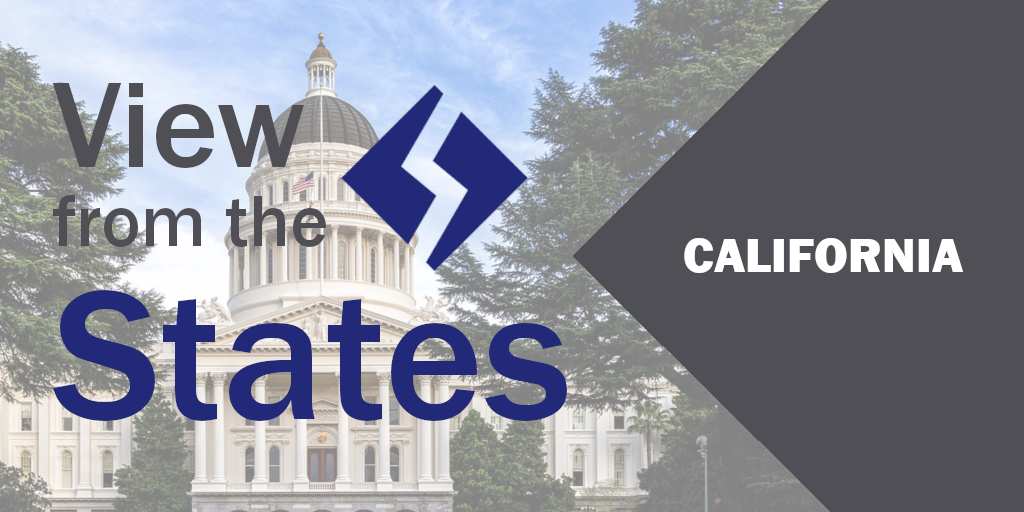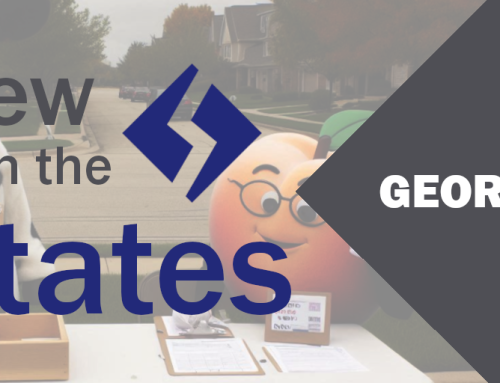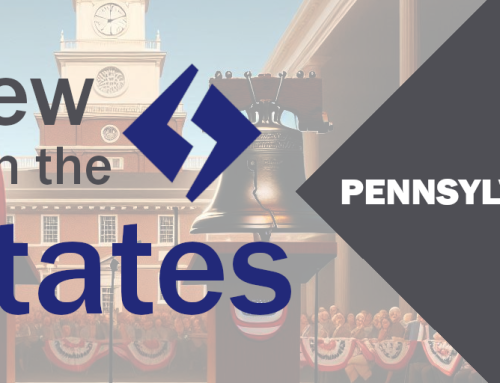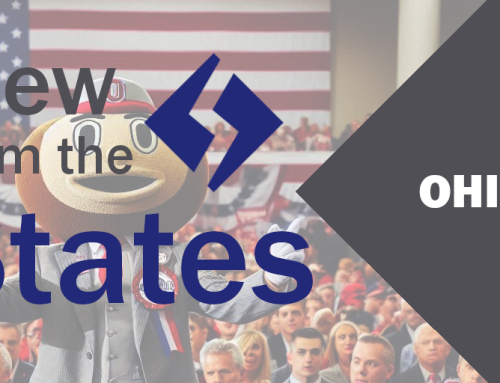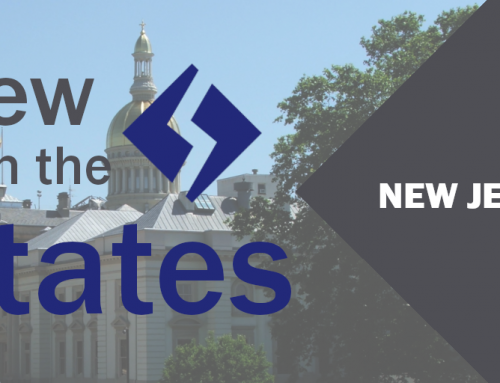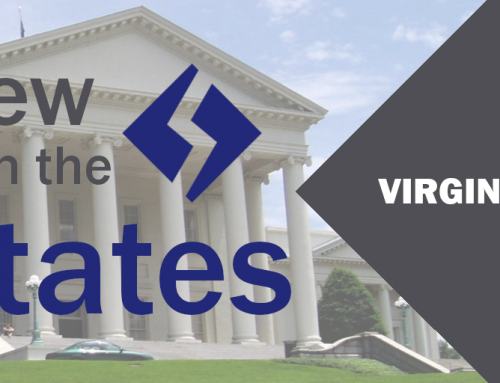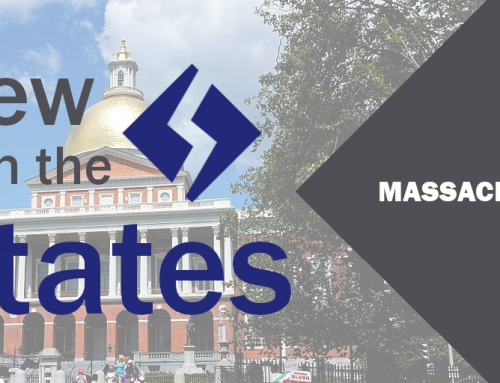Tapping into the expertise and perspective of Highland’s network of over 500 bipartisan, in-state operatives, “View from the States” offers you periodic insights into important local trends often overlooked by Inside-the-Beltway “conventional wisdom.”
In this edition, we examine California’s response to the COVID-19 pandemic and the ramifications on this year’s elections and the major political issues within the state going forward. (For more, check out our dive into Texas’s response.)
Getting Ahead Of The Curve
California was quick to shut down businesses and begin social distancing, with some counties closing non-essential businesses and canceling schools in early March — weeks ahead of the rest of the country. Highland’s in-state sources tell us the swift timeline was largely due to the concern of COVID-19 spreading throughout the state’s urban areas. California also had a significant amount of incoming travel from China, the origin of the outbreak.
The actions taken by San Francisco, Marin, Contra Costa, Santa Clara, San Mateo, and Alameda counties have now become standard across the rest of the country. Los Angeles has become the first major city to offer COVID-19 tests to all residents, whether or not they show symptoms.
While some perceive these measures as extreme and overreaching, our sources say that most Californians are supportive of the initiatives undertaken by Governor Gavin Newsom. As they watch the curve flatten, they stand by Gov. Newsom’s decision to prioritize the medical system and public health climate over the immediate reopening of the economy.
Political COVID-19 Casualties: 2020 Turnout and Census?
Coronavirus has the California government, in particular Secretary of State Alex Padilla, concerned over future voter turnout and. Our sources tell us that officials are concerned would-be voters might stay home in November if a second wave of infection hits.
Like other states, California is facing a redistricting conundrum due to census delays brought on by COVID-19. As it stands, the delay in obtaining new census data has put redistricting on hold, which means California’s 2022 election cycle could be delayed. State officials will have to wait for this data to draw new electoral boundaries, but before those new lines can be drawn the data is analyzed by a multitude of community and interest groups who then present their analysis in town halls throughout the state. This process takes months under normal circumstances.
The census data is also responsible for allocating California’s federal funding. With more higher-income earners leaving, the state might need more federal funding to offset lost tax revenue.
Prop 13 and COVID-19
With the pandemic dominating the news, Highland’s California sources tell us some significant issues have not received enough attention, even from in-state media. One such issue is the fight over Prop 13.
Prop 13, passed by referendum in 1978, caps the annual property tax increase at 2% on homes, businesses, and farmland. A ballot initiative to repeal of Prop 13, expected to appear on the November ballot, would create a “split roll” tax system, with residential and business property taxed differently.
The main effect would be a tax hike on enterprises valued over $3 million dollars. The tax would ostensibly fund public schools, community colleges, and local governments. Opponents of the split roll tax say this would represent an unneeded burden on mid-size enterprises. Our in-state operatives tell us the timing of this push to repeal Prop 13 creates a challenge for supporters, given the dire economic circumstances COVID-19 has placed many businesses in.
Los Angeles County Showdown
May 12 will offer an early test for COVID-19’s effect on turnout, as Democrat Christy Smith and Republican Mike Garcia are facing off in a special election for California’s 25th Congressional district. This is the seat vacated when former Rep. Katie Hill resigned amid after allegations of an inappropriate relationship with a subordinate.
The district had been held by Republicans for 26 years before Hill won as part of the 2018 Blue Wave. This will be a crucial battleground as Democrats try to maintain their House majority. Neither candidate has managed to open up a consistent lead. Both candidates have done well with fundraising, although Garcia has slightly outspent Smith: $1.9 million to $1.8 million.
How has Texas’s response to COVID-19 been different? Find out in Highland’s View from the States: Texas and COVID-19.


